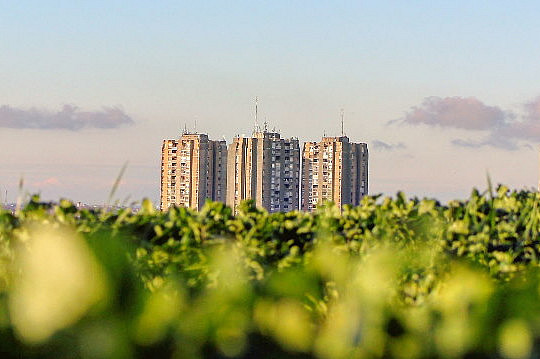The 2030 Agenda for Sustainable Development and the New Urban Agenda have placed culture at the forefront of current debates on urbanisation. Correspondingly, the tenth Session of the World Urban Forum (WUF10) took place in Abu Dhabi (Saudi Arabia) on 8-13 February 2020 under the motto “Cities of Opportunities: Connecting Culture and Innovation”.
The International Centre for the Promotion of Human Rights at the Local and Regional Levels and the UNESCO Chair in Human Rights and Human Security at the University of Graz took part and presented two vital projects at the intersection of human rights and local policy-making: the Toolkit for Urban Inclusion in Arab Cities, and the first edition of the series Human Rights Go Local, entitled “Implementing Human Rights and the 2030 Agenda for Sustainable Development at the Local Level”. More information can be found in the corresponding blogpost.
UN-Habitat has now published its summative report of the WUF10, outlining the importance of culture as a vital component of local identity, including heritage, creativity, and diversity. Culture and cultural diversity are sources of enrichment, grounded in human rights principles and therefore provide an important contribution to the sustainable development of urban areas. Equally, diversity and inclusion are essential elements of sustainable development. As such, WUF10 was a call to action, an opportunity to accelerate the implementation of the New Urban Agenda and make commitments needed to accomplish the Sustainable Development Goals (SDGs).
The full report can be viewed on the UN-Habitat website.
The Abu Dhabi Declared Actions, which represent the voluntary actions and commitments declared by the participants of the WUF10 for the next two years, can be found here.
